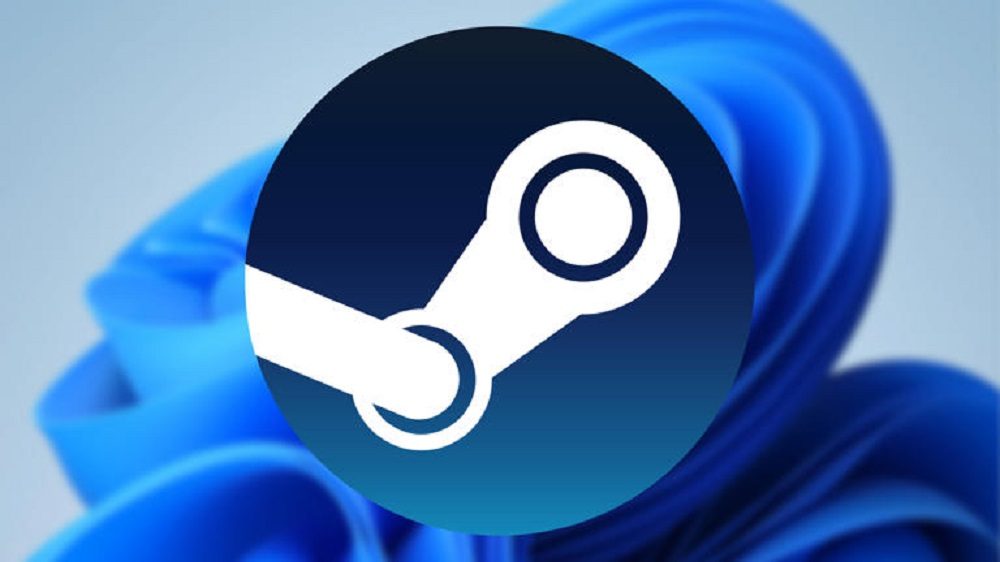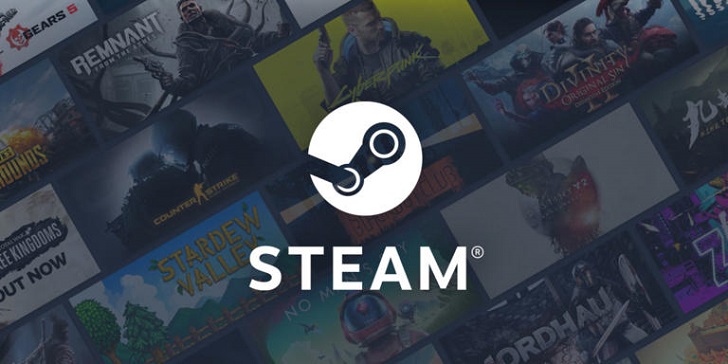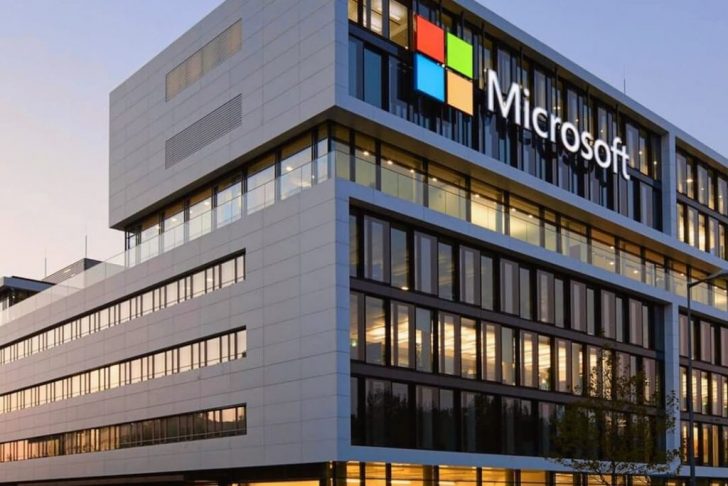
Does Microsoft Own Steam? Rumor Update

Does Microsoft own Steam? With the gaming industry always buzzing with acquisitions and mergers, it’s no surprise that this rumor has caught fire. Microsoft, known for its ambitious ventures and deep pockets, has recently been linked with a potential purchase of Valve Corporation, the company behind the popular gaming platform Steam.
Does Microsoft Own Steam? Addressing the Core Question
As of now, Microsoft does not own Steam. While the rumor of an impending acquisition has generated significant buzz, there has been no official confirmation from either Microsoft or Valve. It’s important to distinguish between speculation and verified information. While Microsoft’s interest in Valve may be rooted in strategic logic, the acquisition remains hypothetical.
Rumors about Microsoft’s interest in Valve surfaced recently, causing quite a stir among gamers and industry insiders. The speculation suggested that Microsoft was considering a colossal $16 billion offer to acquire Valve. Given Valve’s influential role in the PC gaming market through Steam, such a move would significantly impact the gaming landscape.
Valve and Steam: A Brief Overview
Valve Corporation, founded in 1996 by former Microsoft employees Gabe Newell and Mike Harrington, is a name synonymous with innovation in the gaming world. Valve’s most notable contribution is Steam, a digital distribution platform launched in 2003 that revolutionized how games are purchased, downloaded, and played. Steam boasts an extensive library of games and a vibrant community, making it a cornerstone of PC gaming.
Microsoft’s Acquisition Strategy
Microsoft has a history of strategic acquisitions to bolster its gaming division. The purchase of ZeniMax Media, the parent company of Bethesda Softworks, for $7.5 billion in 2020 is a testament to Microsoft’s commitment to expanding its gaming portfolio. Acquiring Valve would align with Microsoft’s strategy to enhance its gaming ecosystem, potentially integrating Steam with its Xbox Game Pass service.
Industry Reactions and Concerns
The prospect of Microsoft acquiring Valve has elicited mixed reactions. On the one hand, some see the potential benefits, such as increased resources for game development and enhanced integration between PC and console gaming. On the other hand, concerns about monopolistic practices and preserving Valve’s independent spirit have been voiced. Valve’s autonomy has allowed it to make bold decisions, such as its commitment to supporting indie developers and fostering a user-driven marketplace.

Luke Dammann | MSN | The suggested $16 billion price tag underscores the high stakes involved with Steam.
The Financial Implications
The suggested $16 billion price tag underscores the high stakes involved. Valve’s valuation reflects its critical role in the gaming industry, with Steam being a primary revenue driver. For Microsoft, such an investment would be substantial, even for a company of its size. The financial logistics and potential return on investment would be crucial factors in any decision-making process.
Potential Impact on Gamers
Should Microsoft proceed with acquiring Valve, the implications for gamers could be significant. Integrating Steam with Microsoft’s existing services could streamline access to games, possibly introducing new subscription models or exclusive content. However, changes in management or business practices might also affect the user experience, sparking concerns about Steam’s future direction.
The gaming community’s response to these rumors highlights a deep-rooted attachment to Valve’s unique approach. Valve’s user-centric policies and commitment to innovation have garnered a loyal fanbase. The idea of corporate ownership potentially altering this dynamic is unsettling for many gamers who value the distinct identity Valve has cultivated.
More in Tech
-
`
Why Istanbul Is the New Celebrity Hotspot for Style and Wellness
Celebrities are constantly reinventing themselves—sometimes through a new sound, other times through a striking new look. But the latest wave of...
October 1, 2025 -
`
Is Apple Ditching the SIM Card With Its Latest iPhone?
For years, sliding a tiny SIM card into a phone has been the first step to getting connected. Apple now appears...
September 23, 2025 -
`
Why New York Nightlife Keeps Attracting Visitors Worldwide
New York comes alive after dark in a way few places on earth can match. The city never limits itself to...
September 16, 2025 -
`
How Celebrities Are Taking Over the Business World
The definition of celebrity success has expanded well past awards and sold-out tours. Today, many Hollywood names are equally focused on...
September 9, 2025 -
`
Which Foods Should You Avoid When on Holiday?
Vacations are meant to be filled with unforgettable moments, but one wrong meal can turn a dream trip into a health...
September 2, 2025 -
`
Quantum Computing Set to Give Commercial Real Estate a Major Lift
Quantum computing is no longer a concept confined to research labs. It is steadily moving toward commercial use, and with that...
August 26, 2025 -
`
Is Your Office Suffering from ‘Culture Rot’? Here’s How to Spot It
A healthy workplace doesn’t need to be perfect, but it should inspire productivity, respect, and trust. Yet, an alarming trend is...
August 19, 2025 -
`
The Small Businesses That Built Musk’s Empire Are Now Bankrupt
What looked like a dream deal for small businesses working with Elon Musk’s companies turned into a financial nightmare for many....
August 12, 2025 -
`
The $2.3 Billion Food Waste Challenge in Short-Term Vacation Rentals
Short-term vacation rentals may offer comfort, but they also come with a hidden cost—food waste. A recent study from Ohio State...
August 5, 2025
















You must be logged in to post a comment Login